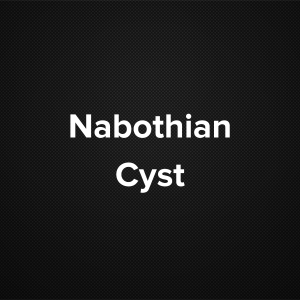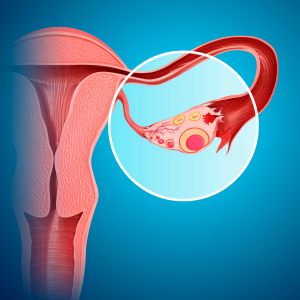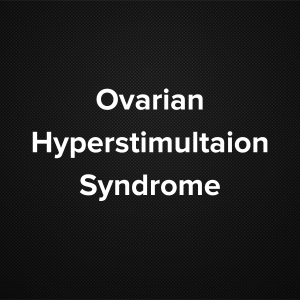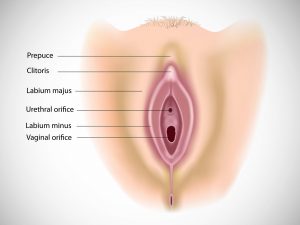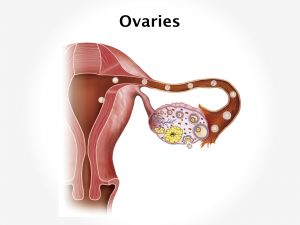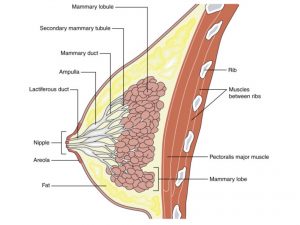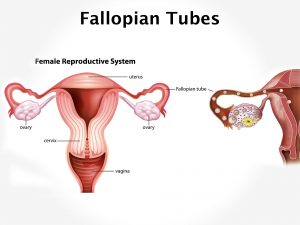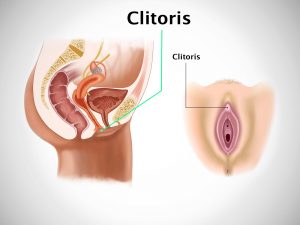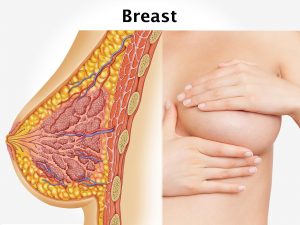Causative & risk factors
Menopause occurs due to imbalance in hormonal function due to aging. There is failure of the ovarian follicular function which stops the production of estrogen and progesterone; thus menopause sets in.
Clinical presentation
In the menopausal period, the woman experiences several changes in respect to the menstrual period, her physical body and also other symptoms.
The menstrual period may undergo sudden cessation in some women. Other women experience a gradual reduction in menstrual bleeding or a gradual increase in the number of days between 2 menstrual periods eventually leading to amenorrhea.
The physical changes include wrinkling of the skin and deposition of fat is areas like breast, hip and abdomen. Atrophy and weakening of the genital organs occur. There may be growth of hair around the chin and lips.
Several women experience hot flashes and night sweats. Dryness of vagina and changes in libido (increased or decreased) are experienced. Intercourse may start becoming painful (dyspareunia). The woman may be irritable, depressed, sleepless and have poor concentration during menopause. She may suffer from urinary troubles like dysuria and stress incontinence. Other symptoms may include palpitations, headaches and tingling in the extremities.
Investigations
Based upon your symptoms, your doctor will perform physical as well as pelvic examination and order certain tests to establish the diagnosis of menopause and rule out development of any complications due to it.
Investigations include blood tests to measure estrogen and FSH level and blood sugar levels. A pap smear is performed to study the cervical cytology. An ultrasound of the pelvis, mammography and a bone density study are suggested.
Treatment
No specific treatment is necessary unless the menopausal symptoms are very severe. A balanced diet and regular exercise are advocated to the patient. Counseling and anti-depressant drugs are offered in women who are severely depressed. Hormone replacement therapy (HRT) is offered to some women who have a very high risk of developing severe menopausal symptoms.
Several homoeopathic and herbal remedies are believed to have a beneficial effect in making menopause smoother and symptom-free.
Recent updates
A research study has suggested that acupuncture helps to reduce the intensity and frequency of hot flashes experienced during menopause.

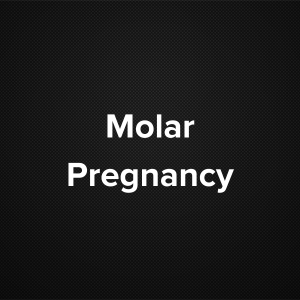

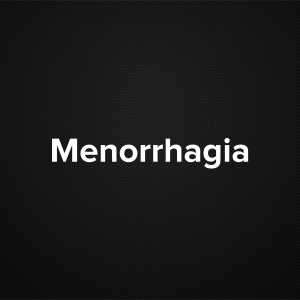
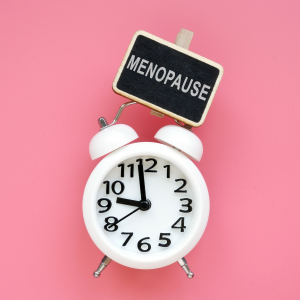
![Lobular Carcinoma In Situ [LCIS]](https://moho.loopshell.com/read/wp-content/uploads/2022/01/Lobular-Carcinoma-In-Situ-Lcis-300x300.png)
